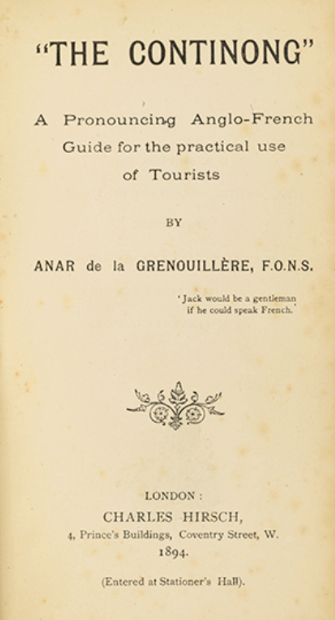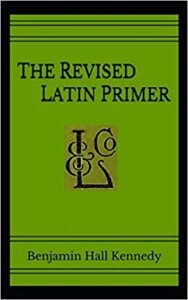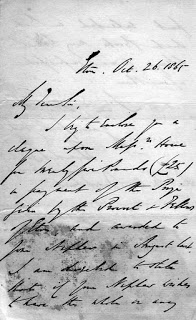
Poule mouillee Milksop
Profonde Pocket.
Quart d’oeil. Peeler; copper.
Qui-qui. The throat. Derivation unknown.
Faire du rabiau. To be punished.
Racaille. Rabble; a bad lot.
Raccourcir. To behead.
Raseur. Today this still means a bore or a drag.
Reluquer. To make eyes at.
Pincer un rigadon. To dance in a humorous way. Still used of a baroque dance
Rigolarde. Lark; fun.
Rigolo. Jolly; larky.
Rousse. The police. Today it means a redhead.
Sabote. Bungled ( presumably derived from sabotage).
Avoir le sac. To have plenty of money.
Sainte.Toute la sainte journee. The whole blessed day
Boire sec. To swill; to get drunk.
Sapin. A cab. It has always meant a fir tree.
Jouer comme une savate. To play badly.
Serin. Duffer. Faire le serin. To play the fool.
Payer en monnaie de singe. To let ( ) whistle for his money.
Continue reading

